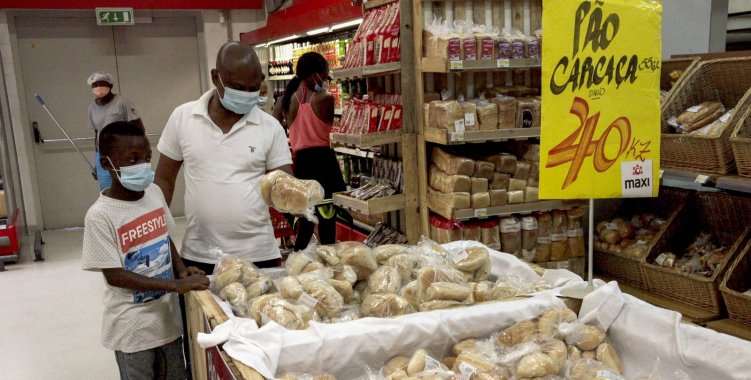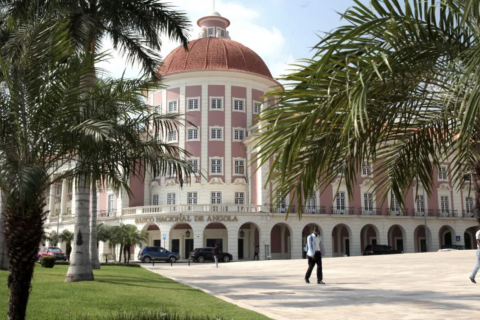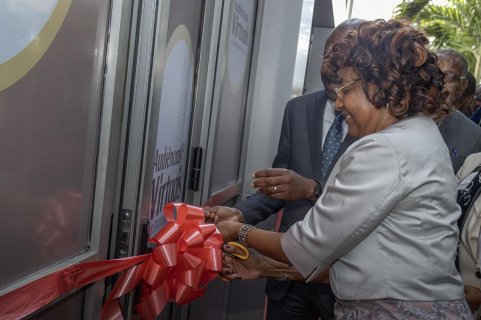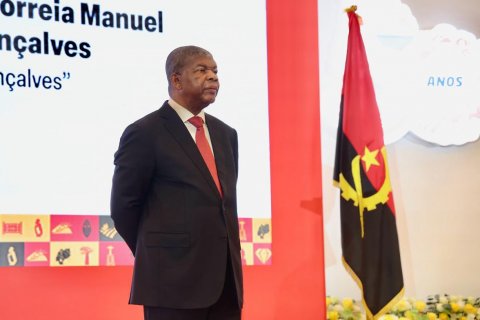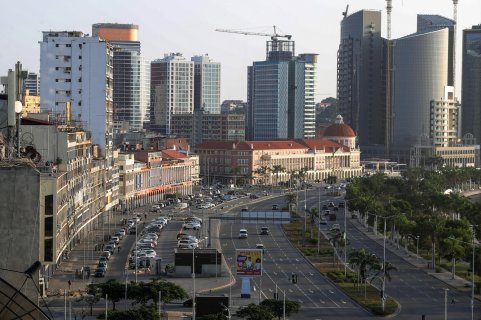"The sharp deceleration in economic activity reflected the impact of the COVID-19 pandemic, which was felt in that quarter", reads the statement on the April to June accounts, which points out that "the negative variation is attributed, fundamentally , Fishing (-27.8 percent), Oil (-8.2 percent), Diamond Mining (-15.6 percent), Construction (-41.0 percent), Trade (-0 , 1 percent), Transportation (-78.9 percent), Government (-7.1 percent), Real Estate (-17.6 percent), Taxes (-53.6 percent), Other Services (- 2.1 percent), Manufacturing (-4.0 percent) and Subsidies (-71.7 percent) ".
The release of statistics for the second quarter, made during a press conference this morning, comes after the resignation of INE's president, Camilo Ceita, which the local media attributes to the fact that a preliminary version of the document was presented, in which the drop in GDP in the second quarter was 12.7 percent, which would have deserved the Government's disagreement, as it also happened in January regarding the inflation figures.
In a farewell email to workers, quoted by several newspapers, the now ex-president stressed that "autonomy is one of the pillars of the NSIs and the INE of Angola, our great house for the balance of Democracy, must never be discouraged by it".
Lusa questioned INE management about this alleged difference between the initial report and the one published during the press conference that was broadcast on Facebook, but there was no answer to this question.
In the meeting with journalists, the new director-general recalled that the fall in GDP in the second quarter compared to the same period last year is the result of "structural problems that are in our economy, which were aggravated by the impact of the 19-covid pandemic".
Channey Rosa John also warned that "the pandemic will not end now" and concluded that "measures are being taken to see what can be done to have a healthy and restored economy".
During the press conference, INE management was also asked about the impact of an 8.8 percent drop in the second quarter, which adds to the 0.5 percent negative change in the first three months of this year, which for in turn, follows four years of negative annual growth.
"The world in general is going through a very difficult moment, the International Monetary Fund (IMF) points to a drop above 4 percent, and Angola is not an isolated country, these issues significantly affect the country, with Angola not it was only affected by the pandemic, it had already been experiencing recessions over the last four years, which were aggravated by the pandemic situation ", said the deputy director of the economic department.
Then he added: "Statistics Portugal makes statistical inference, does not define macroeconomic policy, presents photography from the point of view of characterization, to help macroeconomic policy makers to make coherent, consistent decisions that will certainly impact everyone's life. us; what INE should do to help make these decisions is to deliver and make available reliable and credible statistical data that will allow macroeconomic policy decisions to be made ".

